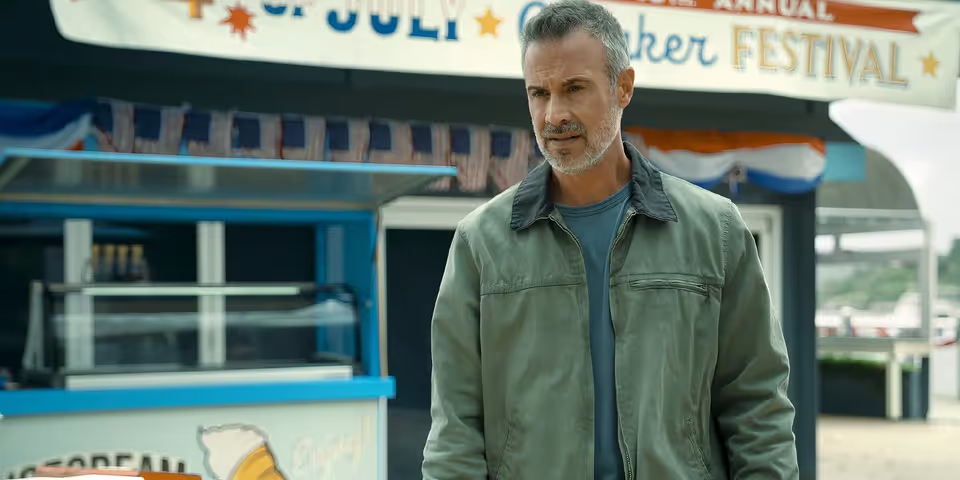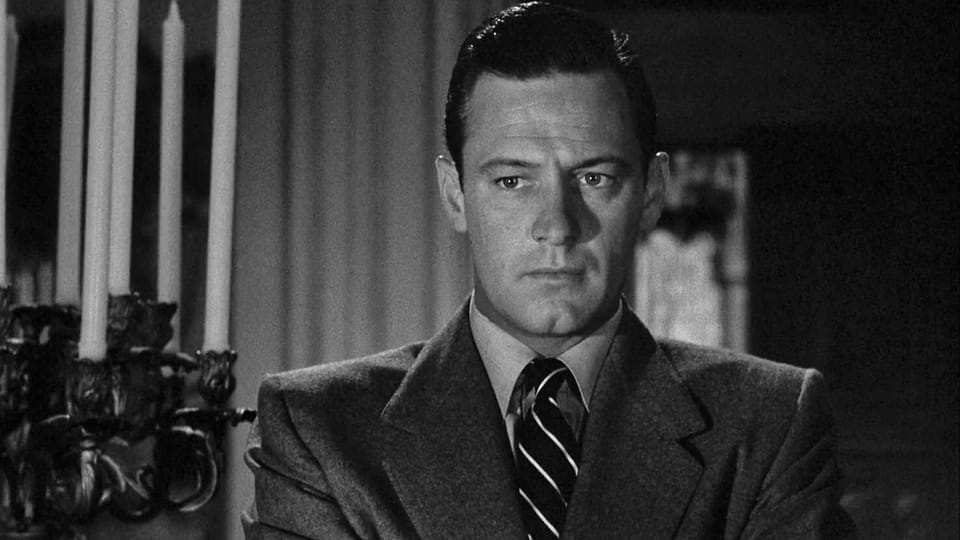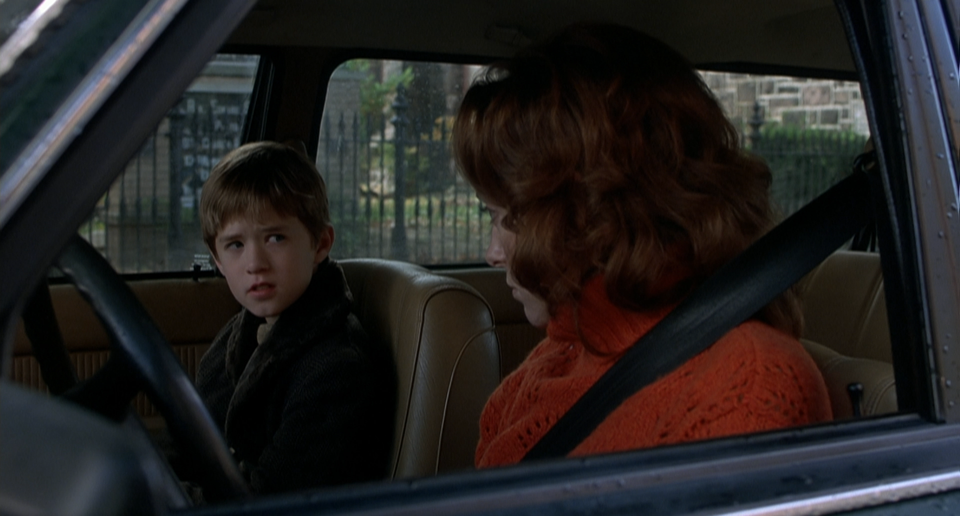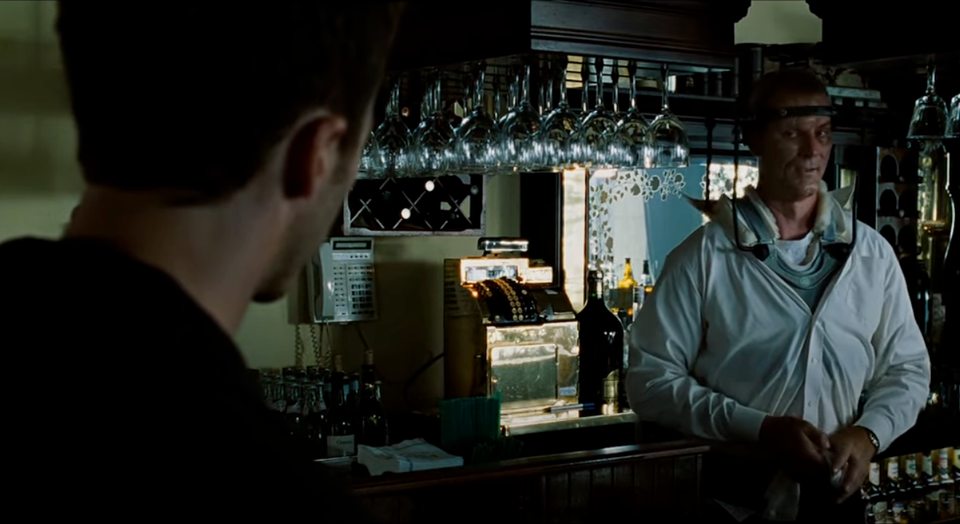Don’t Worry About Being Subtle
Many young writers struggle to be decisive in the moments that populate their screenplays. They find it challenging to openly declare and dramatize what a single moment is about.

The Story and Plot Weekly Email is published every Tuesday morning. Don't miss another one.
Many young writers struggle to be decisive in the moments that populate their screenplays. They find it challenging to openly declare and dramatize what a single moment is about. When I push them to do so, they almost always say something to the effect of, “I didn’t want to be too obvious,” or, “I didn’t want to be too on the nose.”
This fear is so common I wanted to address it.
To begin with, who started the rumor that ‘subtle’ was some kind of goal in and of itself? I can’t think of any film I ever loved where my emotional reaction was, “Yes! It was subtle!”
Honestly. Not one. It was always how the movie made me feel that I remembered.
So why do we do it? Why do we think subtle is an award for our trophy case? We do it because we are watching ourselves write. We are thinking about what the reader feels about us, the writer, rather than the story we are writing.
This is not a good thing.
This tendency will kill your writing. Seriously, just kill it. And I know it’s tempting! I have been there. But it is a death spiral to creativity.
This is why it is so much easier to know what we don’t want our script to be rather than what do want it to be. Such a thing is much safer for our egos, but it’s not suitable for our writing.
Frankly, it’s just bad storytelling.
First, clarity is vital. Even when the intent is to be unclear and mysterious, you must be clear that this is your intent. You get no points for being so subtle that you’re vague and diluted. Our job is to communicate that moment to the audience. What else are we there for?
The worst self-deception we commit is when we tell ourselves a weak choice is actually just us being subtle! So not only have we done a poor job, we’re actually patting ourselves on the back for being high-brow! Bad writing mixed with arrogance. A terrible combination.
Second, being “on the nose” is never really the issue! That’s a phrase we use to describe the problem, but it’s not the actual problem at all.
Being emotionally insincere is the problem.
It is when a moment is emotionally dishonest that we cringe. You can be as on the nose as you want, and if it’s emotionally sincere, the audience won’t even blink.
Nearly every great Hollywood line was “on the nose.” Few iconic moments were anything near subtle. They were pounded down with a hammer. Why didn’t the audience have a problem with them?
Because they were emotionally sincere.
“You’re going to need a bigger boat.”
“Adrienne!”
“I’m King of the world!”
“I’m going to have to science the shit out of this.”
“Frankly, my dear. I don’t give a damn.”
“Go ahead. Make my day.”
“You complete me.”
“That is America’s ass.”
ALL of these lines are slam, bang, clenched-fist punches straight on the nose. Why do they work? Because they were emotionally sincere, and the stories earned them. That’s why.
Of course, a moment can also be emotionally honest and subtle. But again, that moment doesn’t work because it’s subtle. That moment works because it’s honest.
Knowing what we don’t want may help us narrow a choice down, but we never get anywhere with a moment until we know what we do want, and we convey that to the audience.
With story structure, the goals are always narrative momentum and maximizing emotional resonance.
With scenes and moments, our goal is unexpected and satisfying emotional honesty. It is nearly impossible to do that if you are indecisive or unclear about what that moment actually is.
My all-time favorite great Billy Wilder line (and there are many) is, “It can be subtle. As long as it’s obvious.”
After all, if the audience doesn’t know what that moment is about, what exactly is the point of that moment anyway?
The Story and Plot Weekly Email is published every Tuesday morning. Don't miss another one.
When you're ready, these are ways I can help you:
WORK WITH ME 1:1
1-on-1 Coaching | Screenplay Consultation
TAKE A COURSE
Mastering Structure | Idea To Outline




